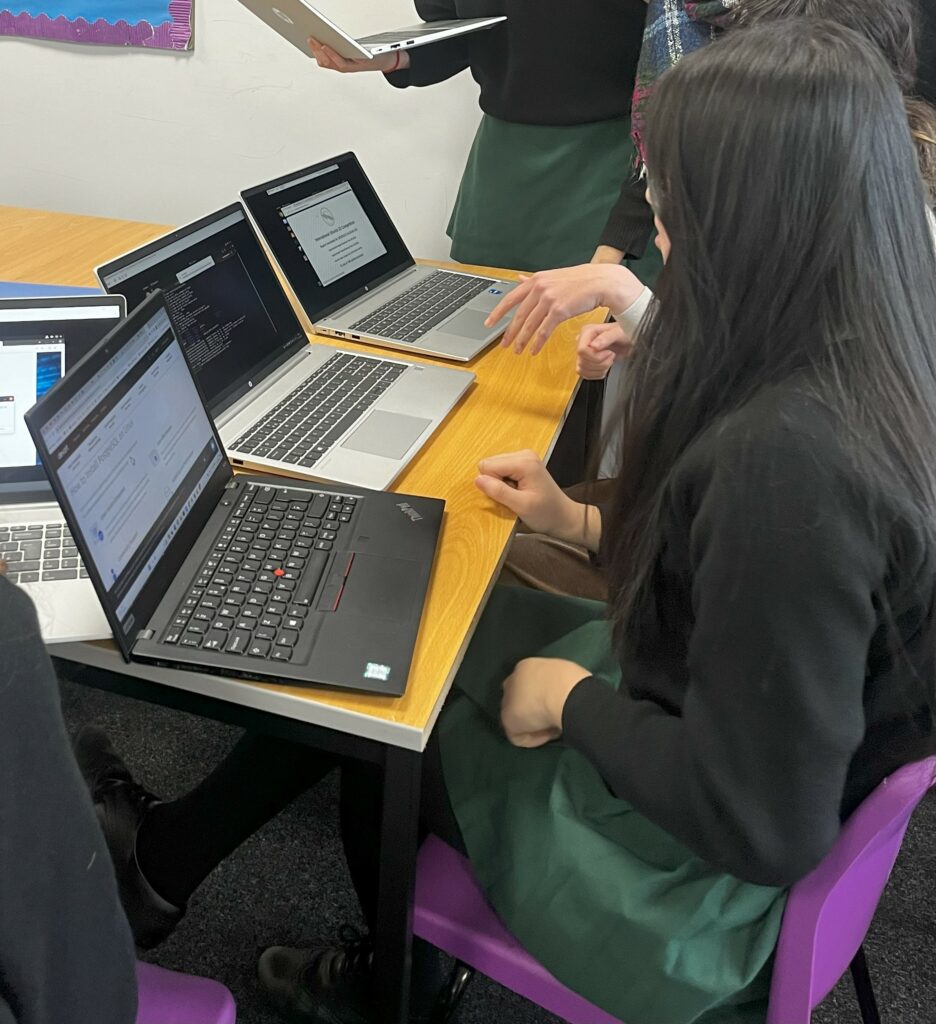Mr Stevens in his Circuit article last week discussed Roblox, the online game played by many younger members of our school community. In that piece one of his tips was to “have regular conversations about gaming”.
I want to expand upon that advice this week and look at how we all need to talk about online safety; with your children, as a family, as a school community. After all, this was one of the reasons we started The Circuit to start conversations about various aspects of online safety.
As the parent of a Yr13 daughter though, I know how difficult it can be to start and continue to have those conversations at home. Hopefully, this article will help with some tips and ideas.
The first and most important tip is to Start Early and Continue the Conversation. If you start talking with your children about online safety when they are young it is easier to continue the conversation with them as they get older; progressively exploring the different issues at different stages of their life.
In order to do this you need to Create a Comfortable Environment for the conversation to happen in. Your child has to feel comfortable discussing their online experiences. This means you need to Actively Listen when your child talks, listening attentively, showing interest and avoiding interrupting. This helps children feel heard and valued. It is also important to try to be non-judgmental, patient, and open to hearing about your child’s online activities without immediate criticism or punishment. (Hard sometimes, I know!)
These conversations need to happen Regularly. These can be informal, such as over dinner, or more formally, such as at a family meeting. The important thing is to try to make these conversations normal and a regular part of family life.
To start these conversations you can Use your own Experiences, sharing your own challenges with the internet. This helps in illustrating to your child that online safety is something we all have to consider, not just something we force upon children. Alternatively you can use Real-life Examples. These might be news stories, or maybe even The Circuit articles. This can make the topic more relatable to children and easier for them to understand.
You might use news stories of hacking, for example, to illustrate the need for Privacy and Personal Information Security. This can start the conversation about what should be shared online and what information should never be shared. (Those of you in certain positions will, I’m sure, have already had this conversation with your children!)
Encourage Critical Thinking by asking them what they would do in hypothetical situations, such as receiving a friend request from a stranger or encountering mean comments online.
Finally, Encourage Questions and Curiosity. Let your child know that it is okay to ask questions about anything they find confusing or worrying. And answer their questions honestly and provide them the information they need to stay safe.
If you are in any doubt, you can find lots of answers on the CEOP website – https://www.ceop.police.uk/Safety-Centre/
Why not start the conversation today? Have a discussion with your daughter about the possible dangers (and scams) that can be found online at this time of year?

